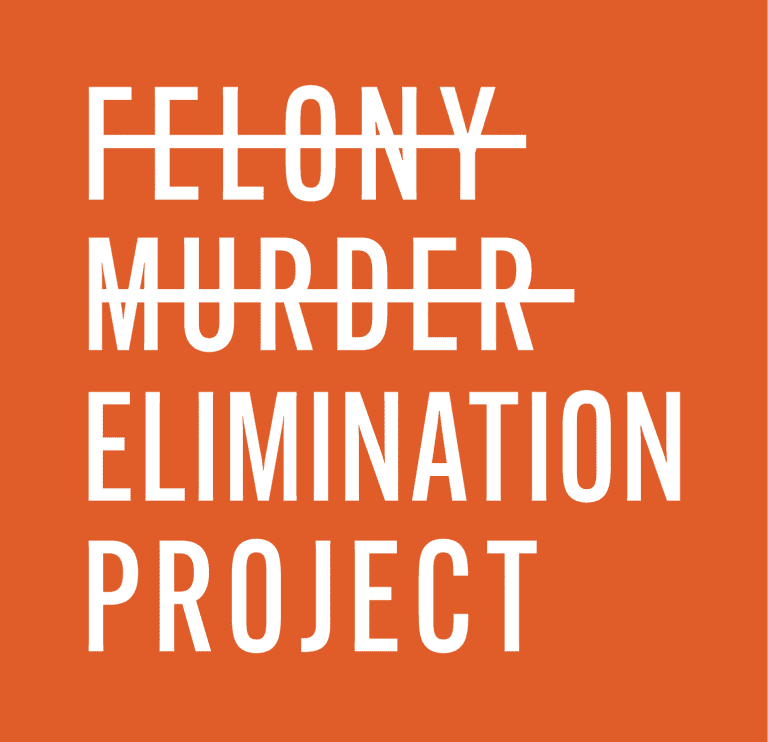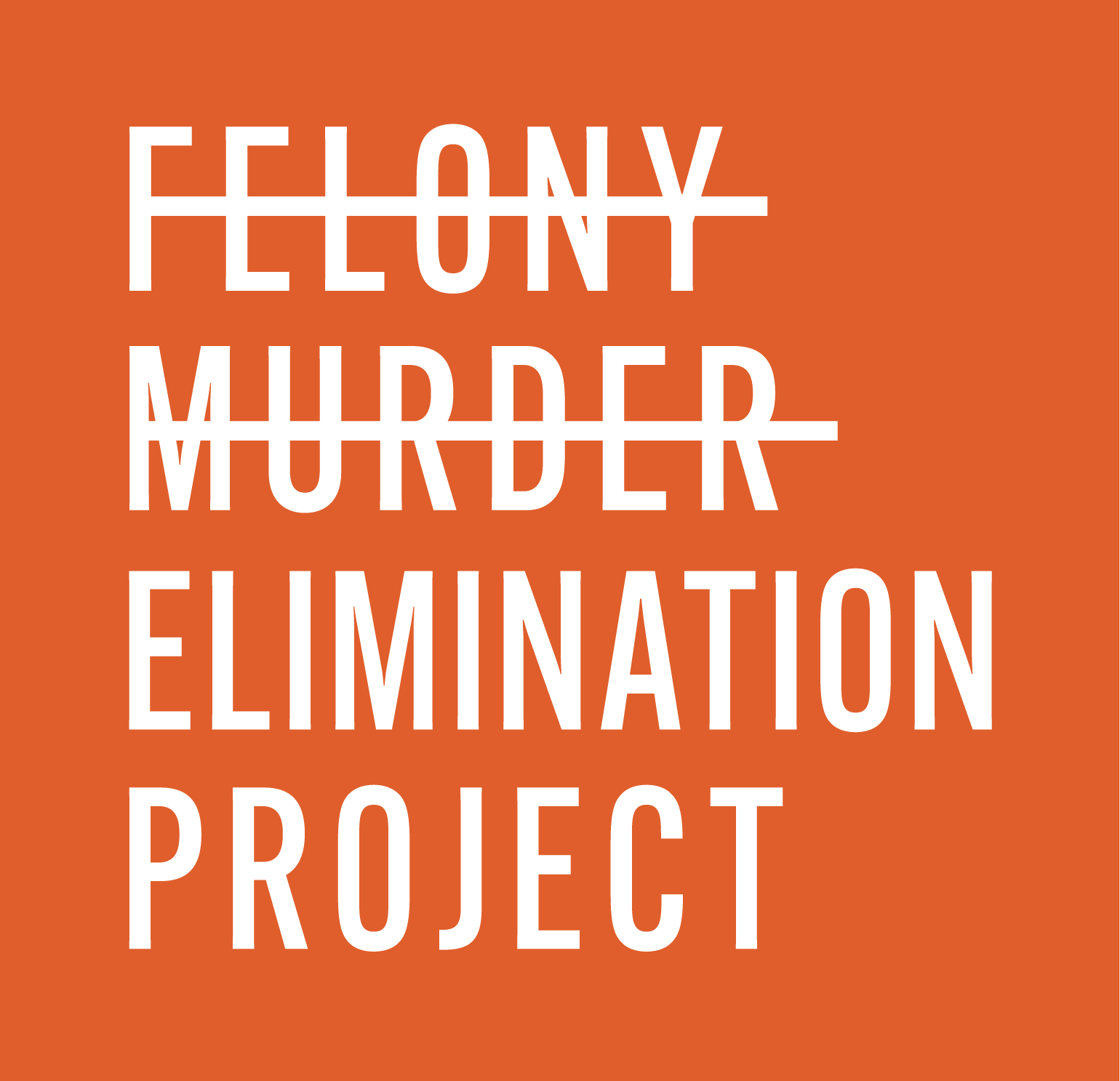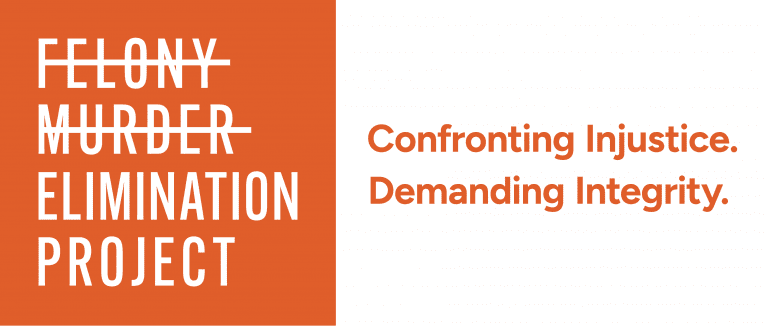In recognizing Banned Books Week, we are highlighting an essay titled “Prison Book Ban Threatens Rehabilitation and Fuels Injustice.” The essay is written by Shakeil Price, an incarcerated writer in New Jersey, and is featured on the Prison Writers website.
Prisons censor staggering numbers of books and other reading materials, not just for their content but for a stunning range of capricious reasons including the size of a book or the color of mailed wrapping paper, according to a recent report by PEN America. Reading Between the Bars: An In-Depth Look at Prison Censorship presents a comprehensive look at the tactics used by prisons to deny reading materials to incarcerated people.
Book bans are common in US prisons, with states and the federal system banning over 54,000 titles for reasons ranging from security threats to sexual content, although the criteria can be vague and inconsistently applied. Bans are often arbitrary, affecting everything from cookbooks like Prison Ramen to dictionaries and memoirs, and sometimes target materials related to Black or LGBTQ+ history. Restrictions also include “content-neutral” policies like requiring books to come from approved vendors, which severely limits the selection.
Access to books is essential for education, which studies show is linked to lower recidivism rates. Banning books limits the ability to gain knowledge, critical thinking skills, and self-reflection needed for successful re-entry into society. Additionally, books provide a crucial connection to the outside world, and banning them can intensify feelings of isolation and dehumanization. Book bans can also violate the First Amendment rights of incarcerated people, as well as international human rights obligations that emphasize the right to expression and a rehabilitative purpose for incarceration.
Excerpts from Shakeil Price’s essay “Prison Book Ban Threatens Rehabilitation and Fuels Injustice” appear below.
I was extremely broken up when I heard that the New Jersey Department of Corrections was enacting a “temporary” book ban, suspending used books from coming into the prison. They announced that this directive is temporary, but I’ve seen this trick before. Once they take a right or privilege away, they don’t give it back. Unless you fight. Fight them with grievances and fight them in court.
For years, the NJDOC has deceived the public, claiming that massive amounts of drugs are being smuggled in through the mail and by visitors. In reality, the largest culprits are officers themselves. Sting after sting, bust after bust, officers keep getting jammed up for smuggling cell phones and drug paraphernalia into prisons and jails. But model prisoners like myself are left to bear the burden of these corrupt authority figures’ conduct.
It’s bad enough they already censor what type of literature you can read by banning anything socially conscious. Message to the Blackman in America, The Autobiography of Malcolm X, Assata, and Soledad Brother are all on the banned list. Now they’re taking it a step further with a book ban on used books, cutting off a crucial source of knowledge. It’s evident the system is designed to facilitate punishment over rehabilitation.
You can read the full essay “Prison Book Ban Threatens Rehabilitation and Fuels Injustice” at the Prison Writers website. Prison Writers seeks to offer uncensored, personal stories and thoughtful essays from incarcerated citizens across the country about what really goes on inside the secretive world of prison corrections, and works with incarcerated writers one-on-one to improve their writing and communications skills.



